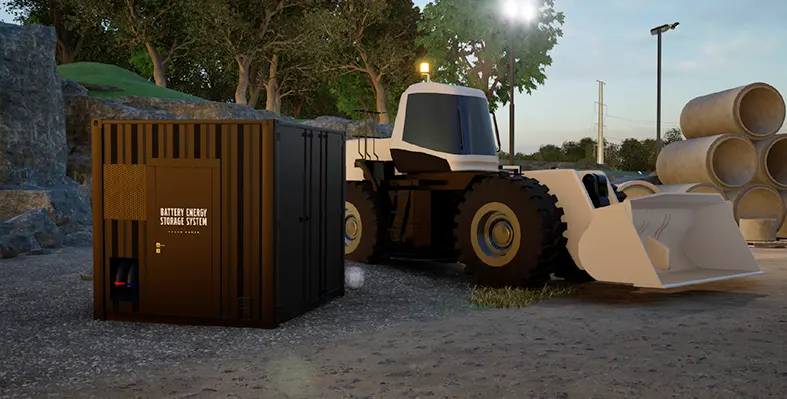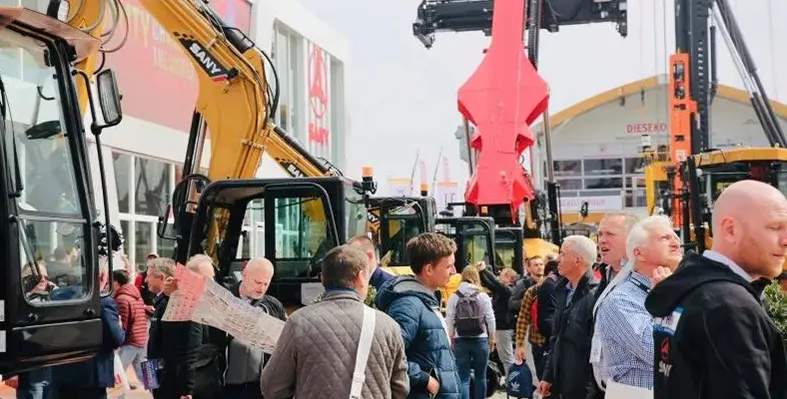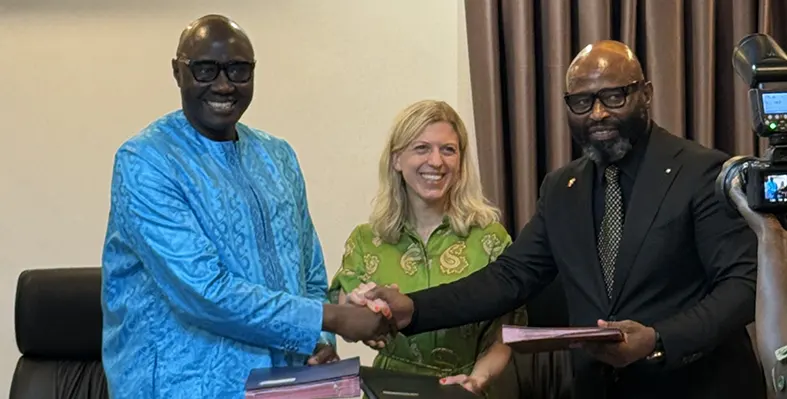Ethiopian Airlines and the African Development Bank (AfDB) have signed a Letter of Intent for the development of the country’s planned Abusera International Airport project
The US$7.8bn project aims to meet growing passenger and cargo demands, reinforce Ethiopia’s position as a leading aviation hub, and stimulate regional economic growth.
The new world-class airport will be situated in Bishoftu, about 40 km from the current Addis-Ababa Bole International Airport.
Ethiopian Finance Minister Ahmed Shide said the Letter of Intent for the new “mega airport” underscored AfDB’s commitment to supporting the nation’s air transport ambitions.
Shide added that the, “Project will not only reinforce Ethiopian Airlines’ competitive edge in passenger and cargo services, but also enhance Africa’s global air connectivity and integration, solidifying the continent’s aviation hub status.”
The new Abusera International Airport will complement Ethiopia’s recently expanded Bole International Airport, which is expected to reach its annual 25 million passenger capacity limit soon.
The new infrastructure is also expected to enhance Ethiopian Airlines’ role in improving intra-African connectivity by enabling a more extensive and efficient network, and strengthening connectivity between Africa and the rest of the world.
Ethiopian Airlines Group, Africa’s largest airline, is in the process of advancing its ambitious 2035 growth strategy, which emphasises network expansion, infrastructure development, and human capital investment to enhance its global competitiveness.
In the last fiscal year, ending 30 June 2024, the airline reported record revenues of more than US$7bn, reflecting a 14 per cent year-on-year increase.
It transported 17.1 million passengers, with 13.4 million on international routes and 3.7 million domestically.
“Ethiopian Airlines is Africa’s pride, a symbol of excellence and resilience,” said Akinwumi Adesina, AfDB's president.
“The African Development Bank is fully committed to supporting this transformative flagship project, which will strengthen the continent’s aviation leadership and economic integration.”
Adesina signed the Letter of Intent with Mesfin Tasew Bekele, chief executive officer of Ethiopian Airlines Group.
Read more:
Ethiopian air travel to be revolutionised through mega airport city





















